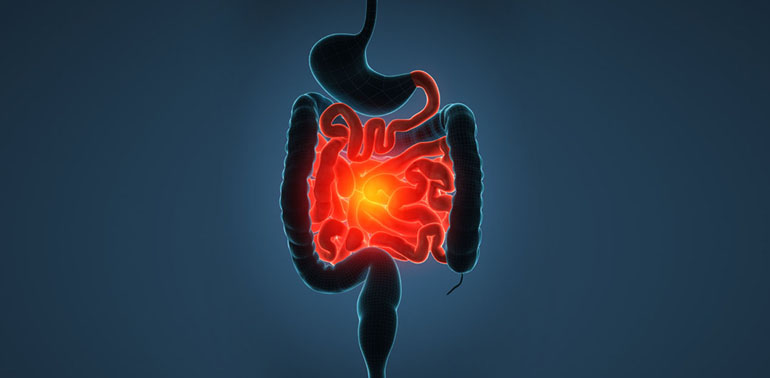
What is Inflammatory Bowel Disease (IBD)?
Inflammatory Bowel Disease (IBD) is a term used to describe a group of chronic, inflammatory conditions that affect the digestive tract. The two main types of IBD areCrohn's DiseaseandUlcerative Colitis. Although both conditions involve inflammation of the gastrointestinal (GI) tract, they have distinct characteristics and affect different parts of the digestive system.
-
Crohns Disease: Can affect any part of the gastrointestinal tract, from the mouth to the anus. It often causes inflammation that extends deeper into the layers of the bowel tissue.
-
Ulcerative Colitis: Primarily affects the colon and rectum. It causes inflammation and ulcers on the surface of the colons inner lining.
Symptoms of IBD
The symptoms of IBD can vary in severity and frequency. Common signs and symptoms include:
- Abdominal painand cramping
- Diarrhea(sometimes with blood or mucus)
- Fatigue
- Weight lossor poor appetite
- Fever
- Anemia
- Joint pain
- Skin rashes
Its important to note that IBD symptoms often flare up in periods followed by times of remission, during which symptoms subside or are less severe.
Causes of IBD
While the exact cause of IBD is not fully understood, several factors are believed to play a role in its development:
- Genetics: A family history of IBD increases the risk.
- Immune System Dysfunction: Inflammation occurs when the bodys immune system attacks its own tissue in the digestive tract.
- Environmental Factors: Diet, stress, and other environmental triggers may contribute to IBD flare-ups.
IBD is not an infectious disease and cannot be spread from person to person.
Diagnosing IBD
If you suspect you have IBD, its important to seek medical attention for diagnosis. Healthcare providers may use a combination of tests to diagnose IBD, including:
- Blood Tests: To check for signs of inflammation, anemia, or infection.
- Stool Tests: To rule out infections and check for inflammation markers.
- Endoscopy/Colonoscopy: A procedure where a tube with a camera is inserted into the digestive tract to observe inflammation and take biopsies.
- Imaging Tests: CT scans or MRIs to examine the intestines.
Treatment for IBD
While there is no cure for IBD, several treatment options can help manage symptoms and prevent flare-ups:
Medications
- Anti-inflammatory drugs: To reduce inflammation (e.g., aminosalicylates).
- Immunosuppressive drugs: To suppress the immune systems attack on the intestines (e.g., corticosteroids, thiopurines).
- Biologic therapies: Target specific parts of the immune system (e.g., TNF inhibitors, interleukin inhibitors).
- Antibiotics: May be used to treat infections or complications like abscesses.
Dietary and Lifestyle Changes
While there is no one-size-fits-all diet for IBD, many individuals find relief by avoiding certain foods that trigger flare-ups. Nutritional support is also important, as IBD can lead to malnutrition. A registered dietitian may help design a diet plan that works for you.
- Avoiding irritants: Spicy foods, caffeine, alcohol, and high-fat foods may worsen symptoms.
- Small, frequent meals: May reduce strain on the digestive system.
- Hydration: Staying hydrated is important, especially if diarrhea is a frequent symptom.
Any questions? We're here to help
Is IBD the same as Irritable Bowel Syndrome (IBS)?
No, IBD involves chronic inflammation and can cause permanent damage to the digestive tract, whereas IBS is a functional gastrointestinal disorder that does not cause inflammation or permanent damage.
Can IBD be cured?
Currently, there is no cure for IBD, but it can be managed effectively with medication, diet, and lifestyle changes.
Can children get IBD?
If you or a loved one is living with IBD, we're here to help. Whether youre looking for medical advice, support groups, or resources, dont hesitate to reach out. Our team is dedicated to providing the information and support you need.

